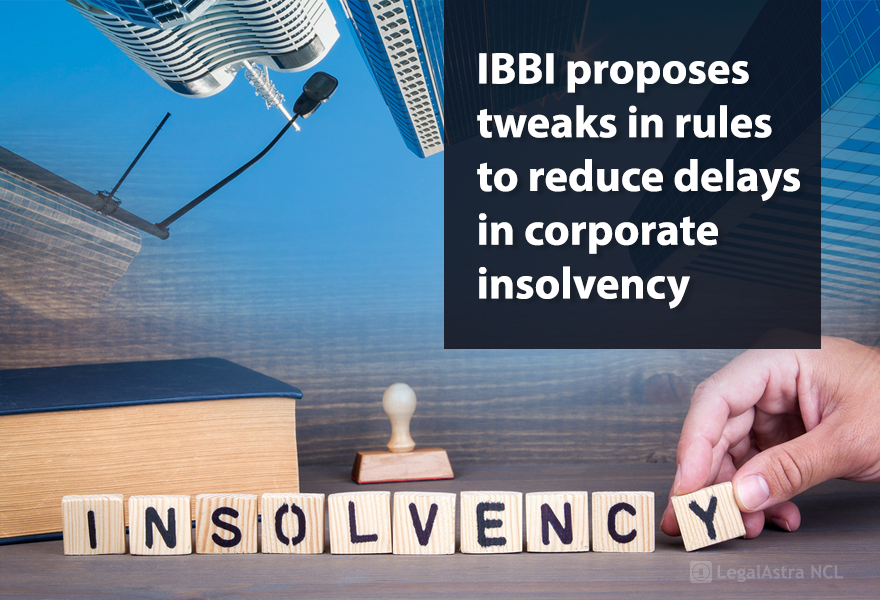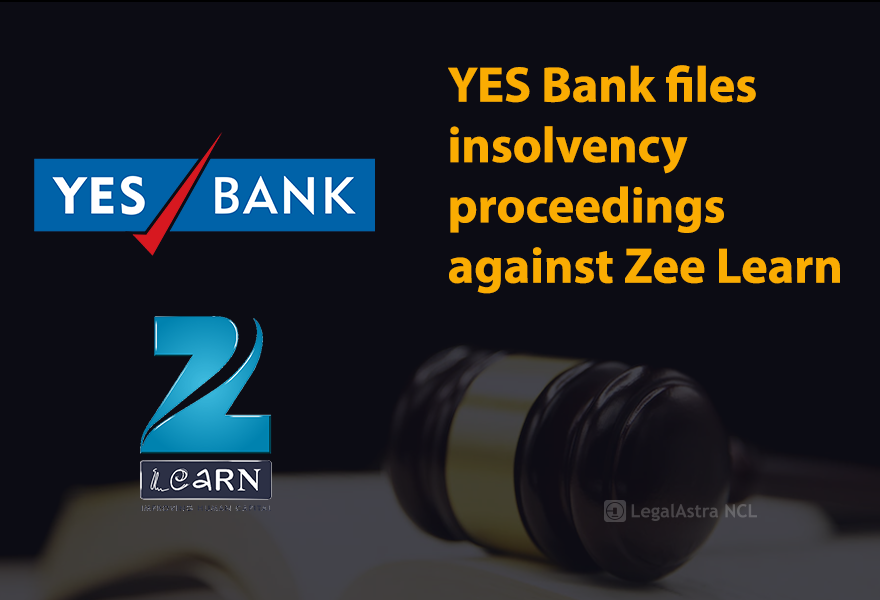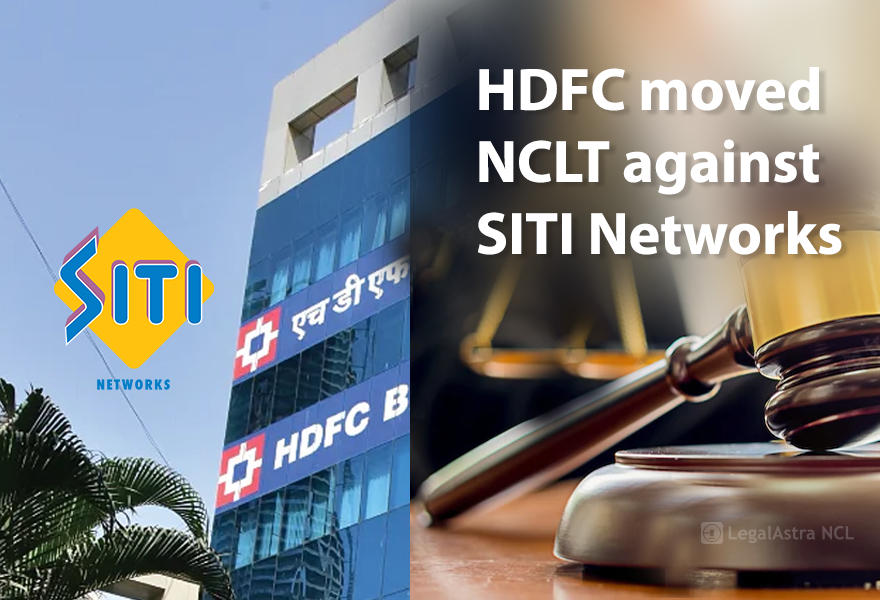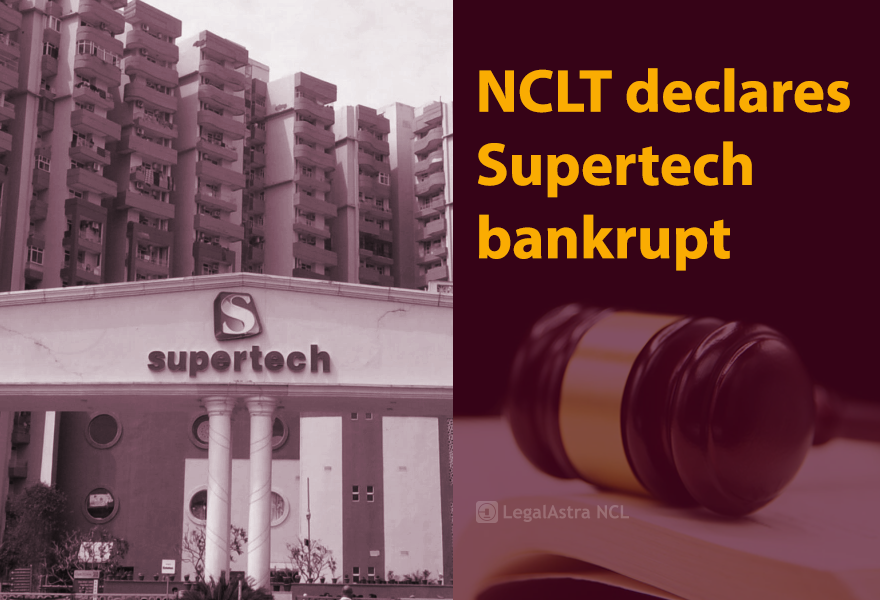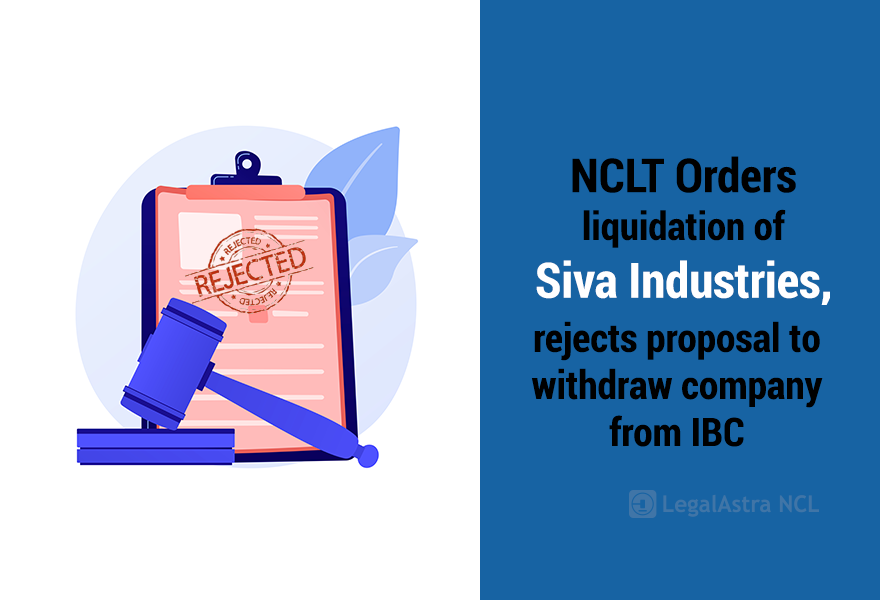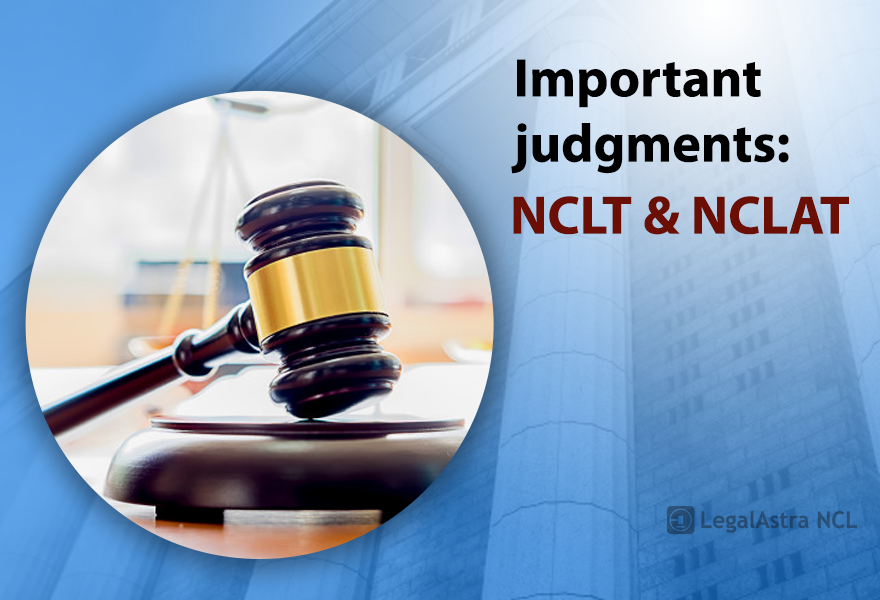Insolvency and Bankruptcy Board of India (IBBI) has issued a consultation paper proposing tweaks to the corporate insolvency resolution process. The regulator has put forth four specific proposals which are aimed at reducing delays in the IBC process. In the discussion paper, the insolvency regulator has proposed to impose an obligation on the committee of creditors (COC) to share all
